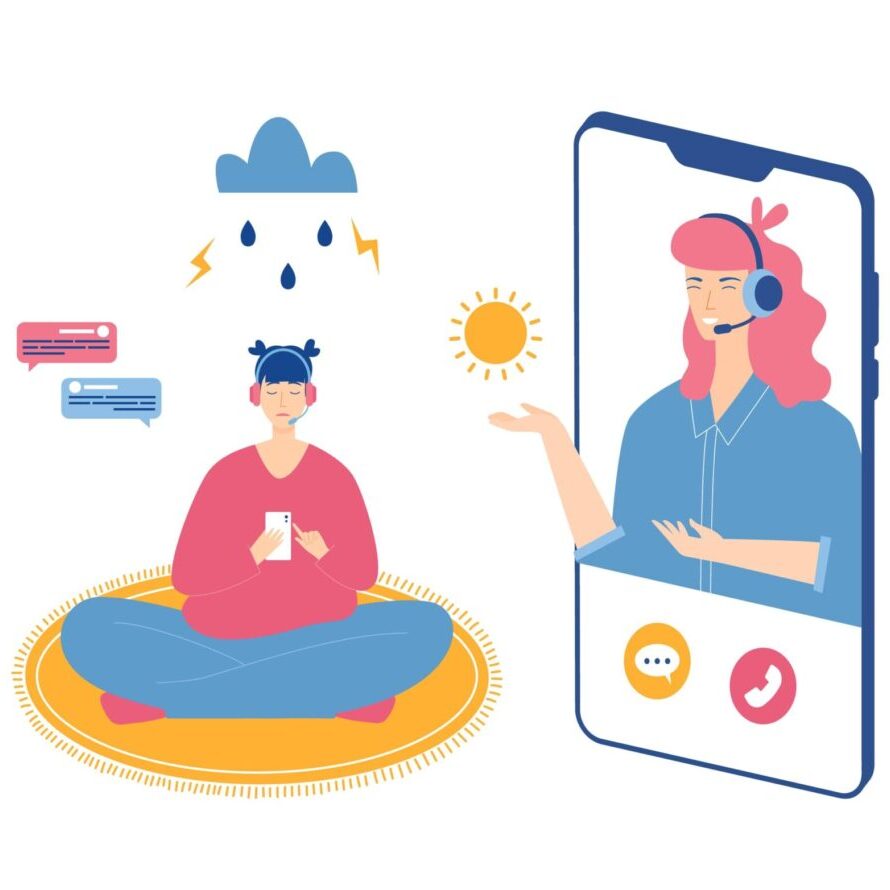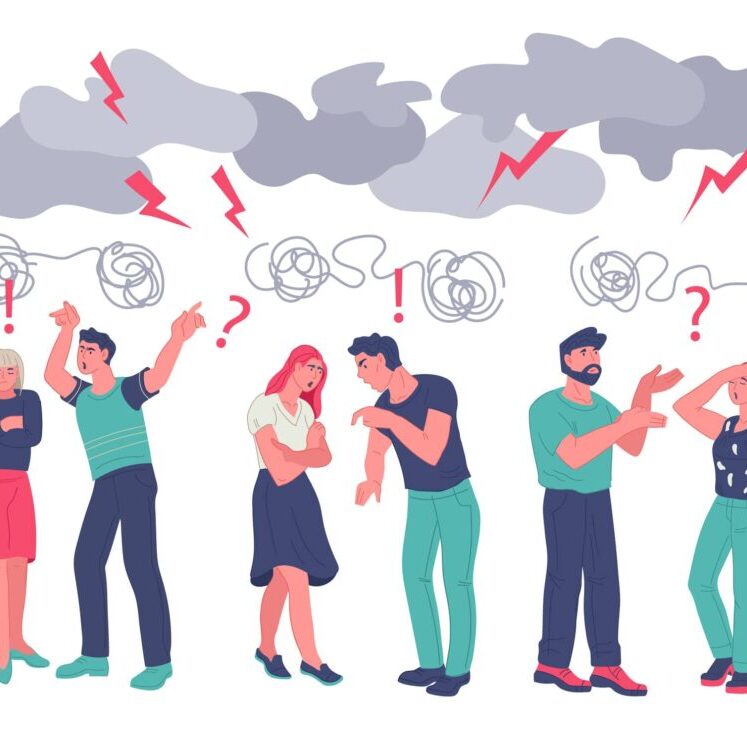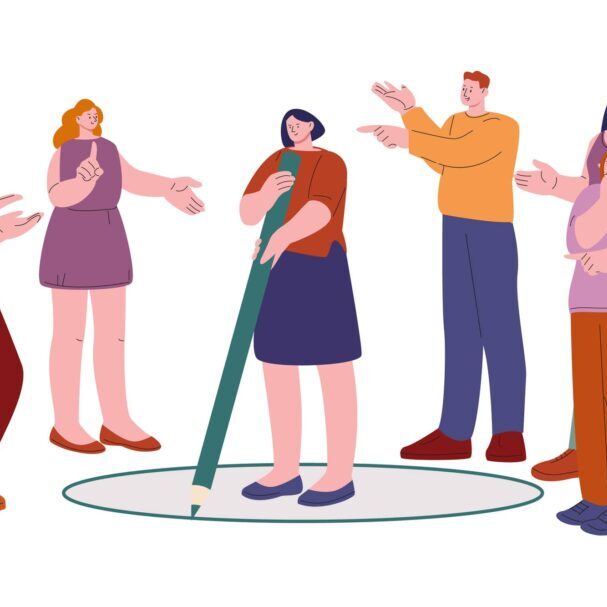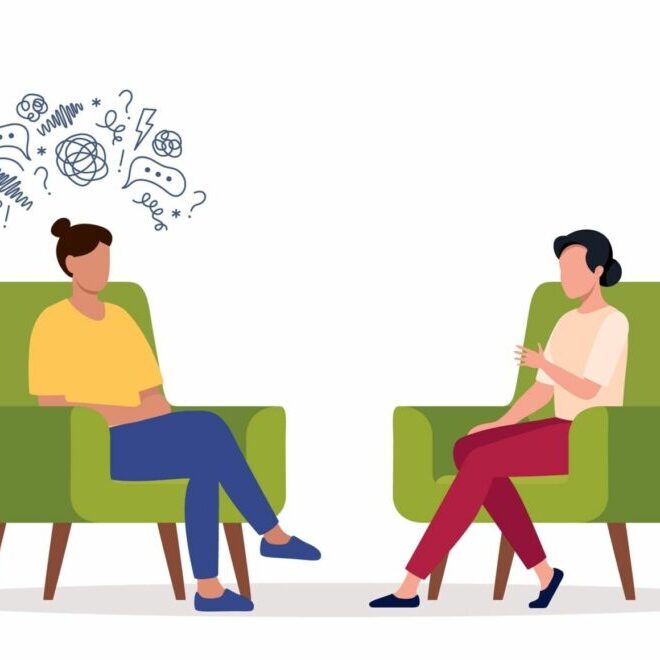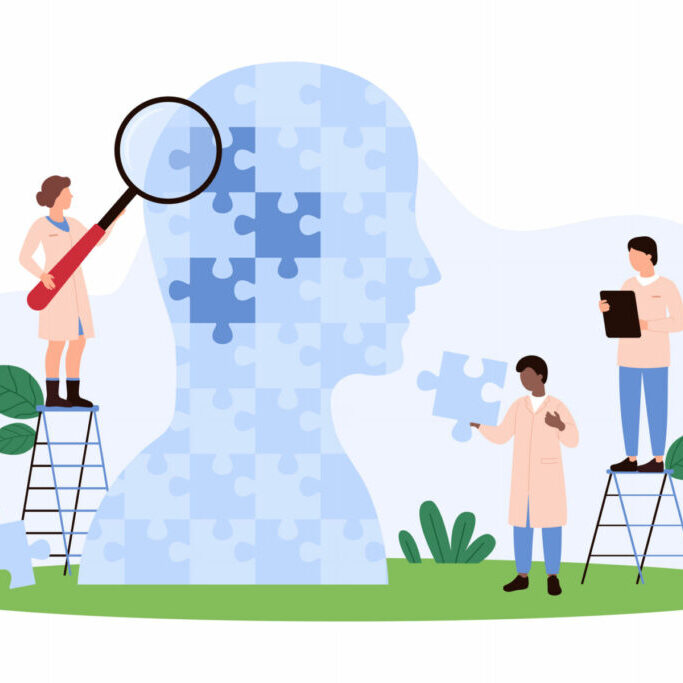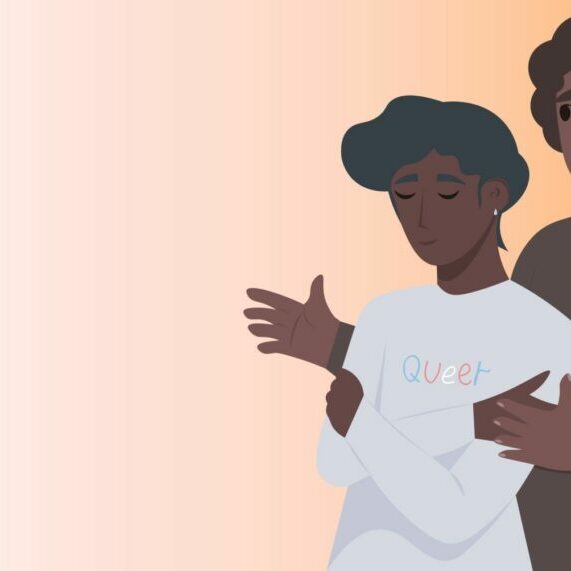How to Make the Most Out of Your Virtual Therapy Sessions
In recent years, virtual therapy has transformed how we access mental health care. With the convenience of attending sessions from your home and the potential...
The Benefits of Teletherapy: Why It’s a Game-Changer for Mental Health
Have you ever wondered if there's an easier, more flexible way to manage your mental health? Or maybe you’re an LGBT person in rural Illinois...
Navigating Family Relationships Among Political Differences
Chicago, known for its historically deep Democratic roots (including hosting the 2024 Democratic National Convention), is home to residents with widely varying political views. Moreover,...
Why Setting Boundaries Reduces Anxiety and Enhances Confidence
In Chicago, anxiety is a prevalent issue for many residents, driven by a unique blend of urban stressors, social dynamics, and economic pressures. Social anxiety...
Healing Attachment Wounds through Therapeutic Techniques
Have you ever felt a deep sense of fear or anxiety about being abandoned, even in stable relationships? Do you find it challenging to trust...
Preparing for Internal Family Systems
Internal Family Systems therapy (IFS therapy) is a transformative, evidence-based approach to psychotherapy that helps people to understand themselves differently and heal past psychological wounds....
The Importance of Attention Testing in Mental Health Assessment
Psychological testing is a critical component in the mental health assessment process. It can clarify what is causing someone to struggle and identify appropriate accommodations...
Polyamory and Boundaries: Setting Healthy Limits
The choice to have an open structure to romantic relationships can seem like a natural choice for some, and for others, it is a choice...
Challenging Monogamy-Shaming Among Gay Men
Some healthy gay men want monogamy. That’s right - some healthy relationships between gay men are monogamous. For some, this might sound surprising, which highlights...
Improving Self-Esteem and Mental Health: Strategies for Gay Men Coping with Body Image Issues
Chicago's Hollywood Beach, a known queer-friendly destination, often feels like a battleground for gay men grappling with body dissatisfaction. This scenic beach, while being a...
Understanding the Psychological Impact of Ghosting
Ghosting has emerged as a peculiar yet increasingly common phenomenon in the digital age, impacting relationships and emotional well-being. Have you ever been on a...
Navigating LGBTQ Identities and Religion
Navigating LGBTQ+ identities within religious contexts is often a deeply personal and complex journey. The relationship between being LGBTQ and religion has historically been fraught...
These blogs are made for informational and educational purposes only. They are not medical advice. The information in these blogs is not intended to (1) replace a one-on-one relationship with a qualified licensed health care provider, (2) create or establish a provider-patient relationship, or (3) create a duty for us to follow up with you.


